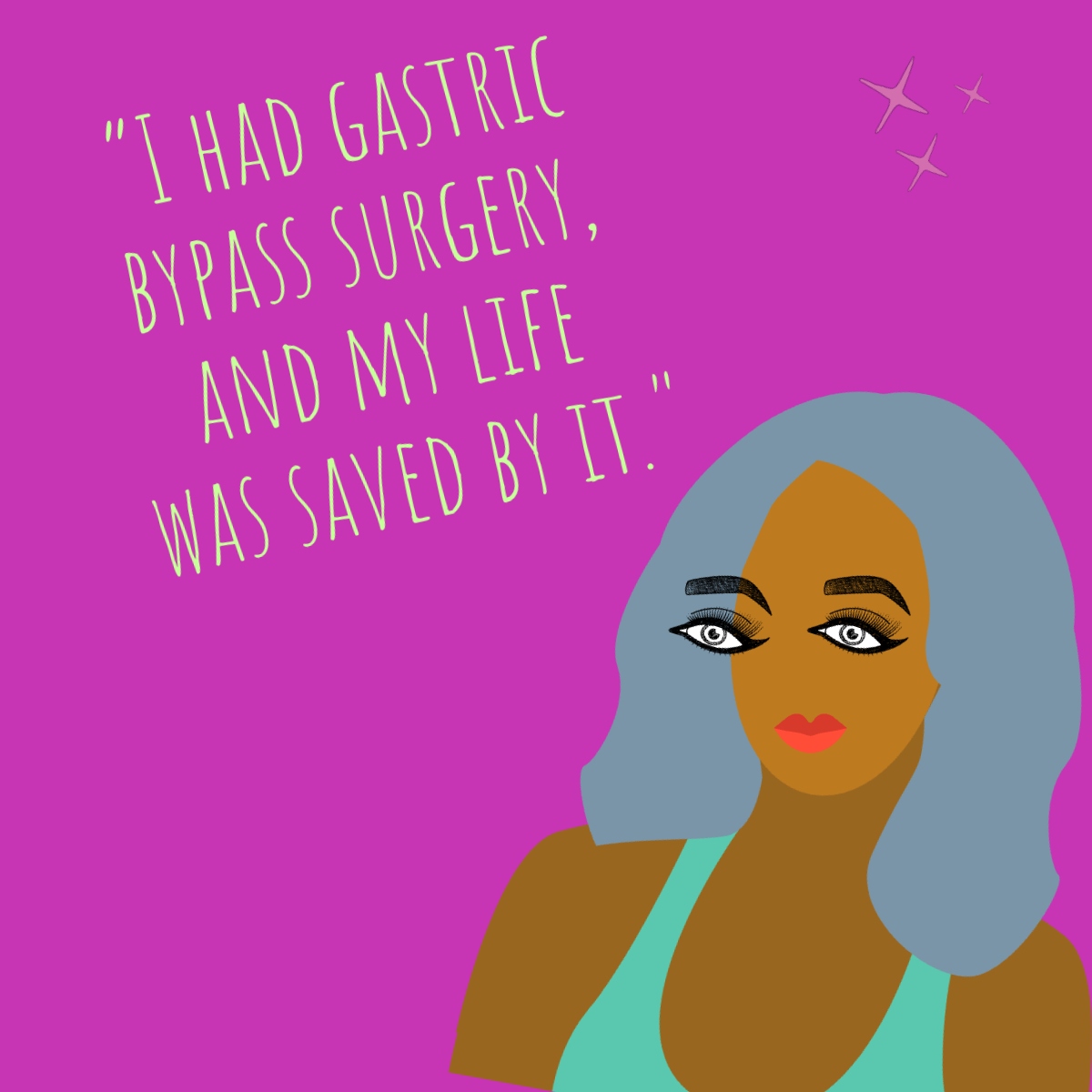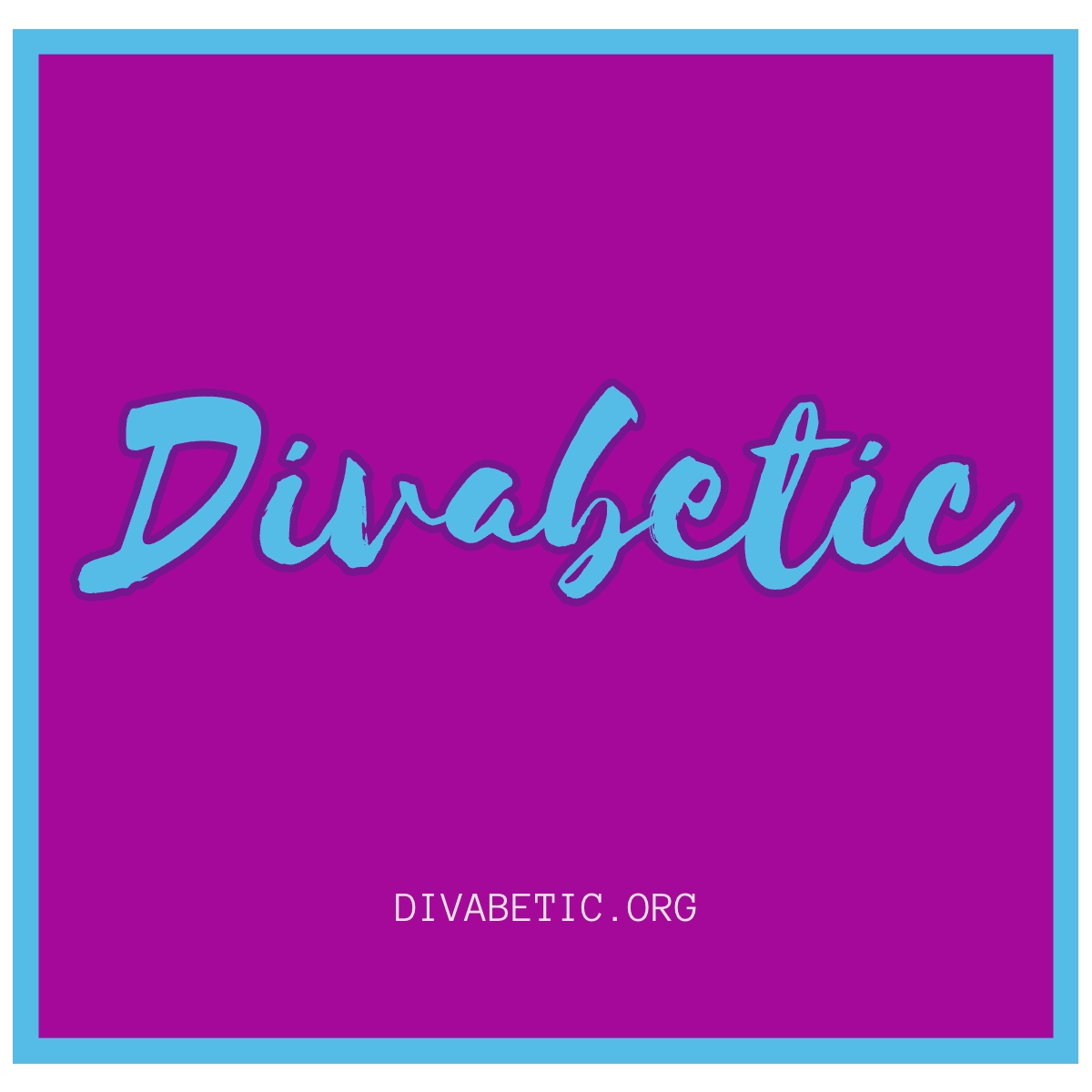Pattern Management is a skill that you can help you to manage your diabetes like a diva! The happy healthcare host, Mr. Divabetic and Neva White, the leader of the Divabetic Club – Philadelphia discuss the basics and benefits of Pattern Management. Free Divabetic Club meeting mixing diabetes education, support and style advice have been presented in New York, NY, Cleveland, OH and Philadelphia, PA.
Divabetic will partner with the Frazier Family Coalition to present a free program in November 2025 at Thomas Jefferson University Hospital.

Romantic relationships play an important role in our everyday lives. But when diabetes enters the picture, it can complicate even the most loving and open relationships. Many people don’t know that diabetes can impact physical and emotional intimacy. And intimacy-related issues can be especially difficult to discuss with a partner or a health care provider. But don’t let diabetes hinder the romance. Divabetic’s Sweet Romance ebook series is here to give you practical information and expert advice to tackle this sensitive subject. These comprehensive, interactive guides cover everything you need to know to enjoy a fulfilling sexual and emotional life despite the challenges of diabetes
FLASHBACK: Phyllis Kornbluth talks about how her participation in the Divabetic Support Meeting, have help changed her life for the better.
Enjoy this animated scene from Divabetic’s 10th Annual Original Mystery podcast, Murder Plain As Vanilla, streaming on YouTube, Spotify, iTunes, and BlogTalkRadio.
Divabetic mystery podcasts are not just for mystery lovers. It’s an engaging way to learn about diabetes and self-care. Amidst colorful characters, thrilling adventures, and delightful settings, we offer health and wellness tips to help you take charge of your diabetes self-care. We also promote the idea of thinking like a detective when you experience unexpected blood sugar fluctuations. Look for clues, gather data, talk to witnesses (friends, co-workers, and family members ), and present your ideas to healthcare professionals for solutions. A team approach to managing your diabetes is also a great idea.











